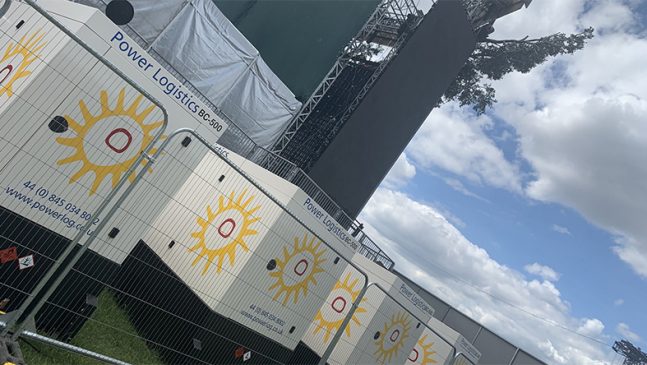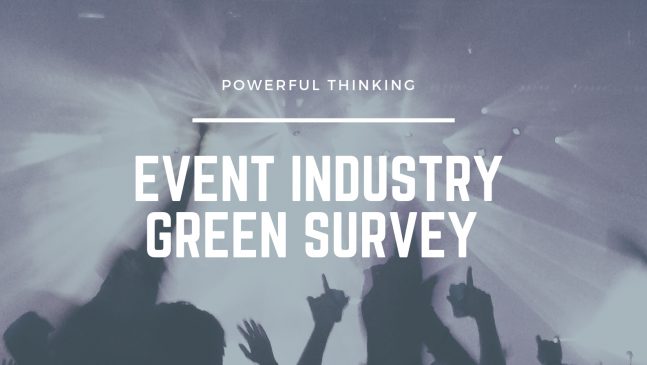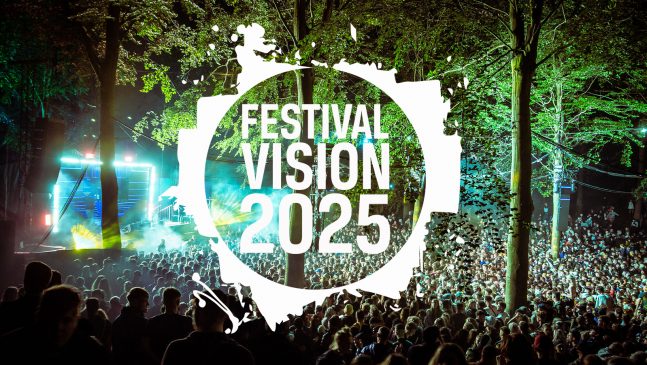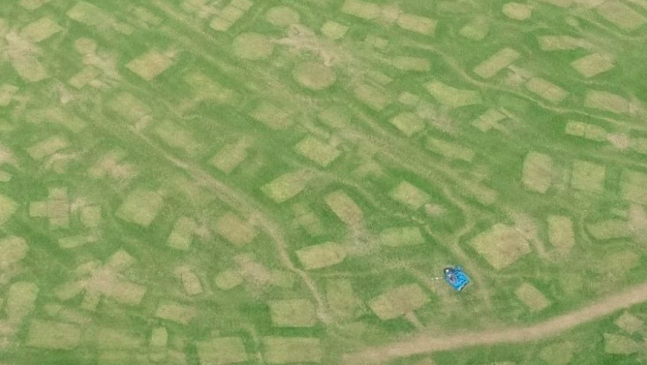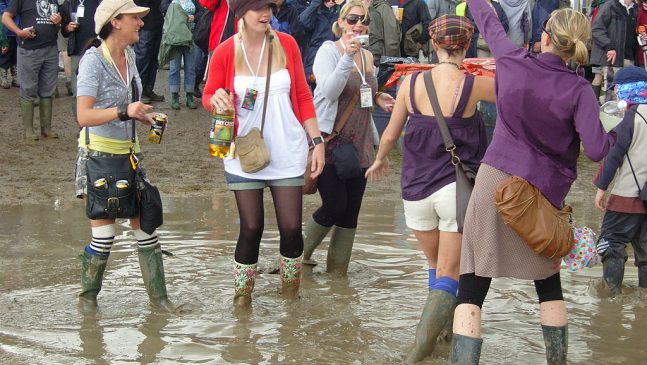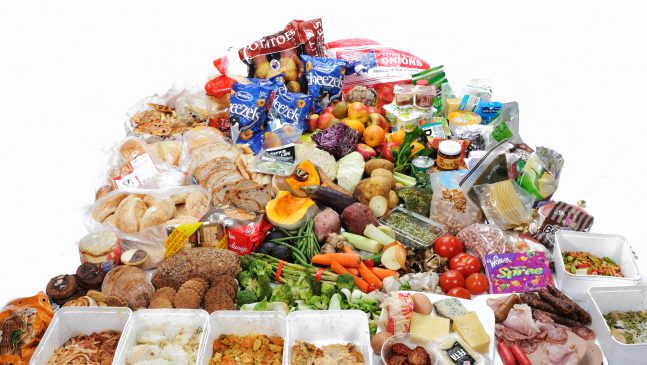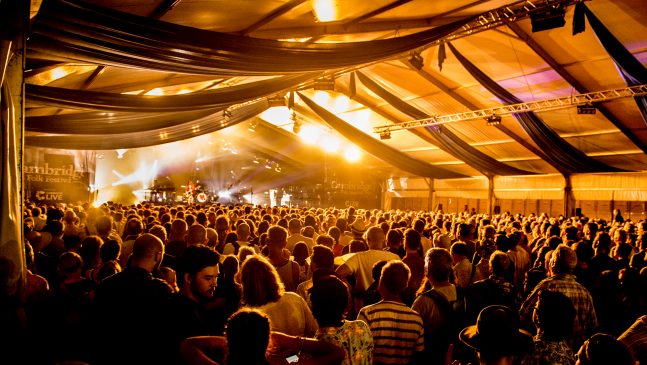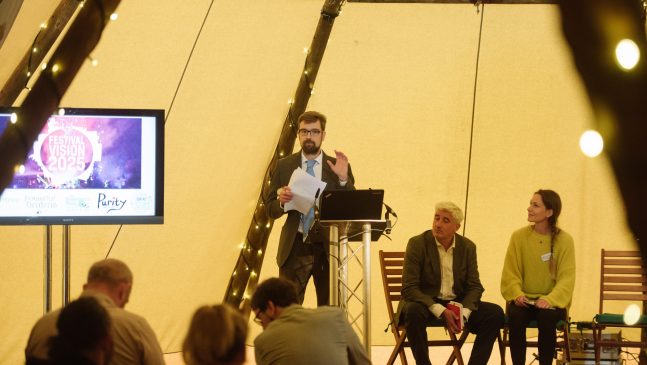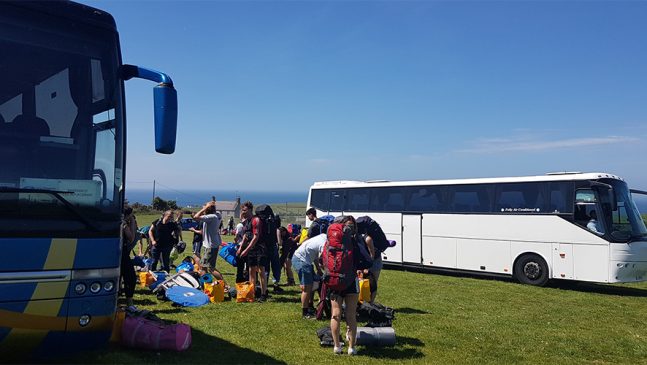Power Logistics has been providing a complete project management solution for AEG’s Barclaycard presents British Summer Time festival, held in London’s Hyde Park, since 2014.
Over the last six years AEG Live and LoudSound have been keen to improve the impact of the festival on the environment and has always demonstrated a commitment to sustainability, which Power Logistics, one of Powerful Thinking’s Sustainable Power Suppliers, has been more than happy to support. This has seen Power Logistics carrying out power monitoring and LED lighting solutions at the festival since 2015 and the introduction of HVO fuel at some areas around the site since 2017. However, 2019 saw the prestigious event and Power Logistics take a huge leap forward in terms of sustainable initiatives.
For the first time the site was fuelled solely with HVO, this form of renewable diesel is produced from vegetable fats and oils. Unlike regular biodiesel, hydrogen is used as a catalyst in the creation process instead of methanol.
Power Logistics also deployed its bespoke power monitoring system,developed in-house by its research and development team, to provide real time knowledge and data regarding the event’s energy usage. Power monitoring is proven to have a positive impact on an event’s carbon footprint; reducing fuel consumption and often the number and size of generators required onsite which in turn leads to cost efficiencies.
The system utilises QR codes, which every generator, fuel tank and fuel bowser has. As the equipment is sited, its location, running hours, fuel usage etc. are uploaded via a server to a purpose-built database. This allows Power Logistics to deliver clients a % breakdown of their fuel usage across identified areas with real time data so event organisers can see exactly how much fuel is being used and where. Early indications show that the effective use of power monitoring has allowed Power Logistics’ to reduce the fuel used at British Summer Time 2019 by more than 25%.
The data from power monitoring is analysed and used to specify more efficient power systems, including using generators in a load demand configuration. Utilising the data from 2018’s event, Power Logistics installed a smaller set in each of its large generator banks, which was used during the build and breakdown period. This resulted in a reduction of 8000 litres of fuel during this year’s build.
Power Logistics also implemented battery technology for the first time at the event this July in two separate areas. Area one was a traditional bunkabin and shower areas providing a sustainable solution. Whilst the second area was for the Barclaycard Stage (the second stage), the data for this is still being analysed but this is the next major phase in Power Logistics’ sustainability offering. The company’s research and development team are focussed on making battery power a reality for main stages in the near future.
Find out more about Power Logistics on our Sustainable Power Supplier pages or visit their website at www.powerlog.co.uk.

